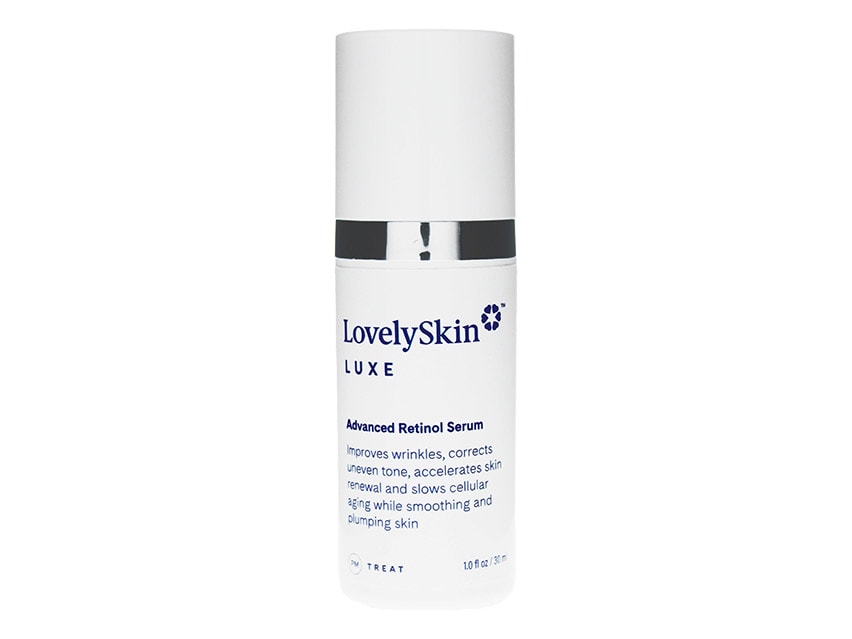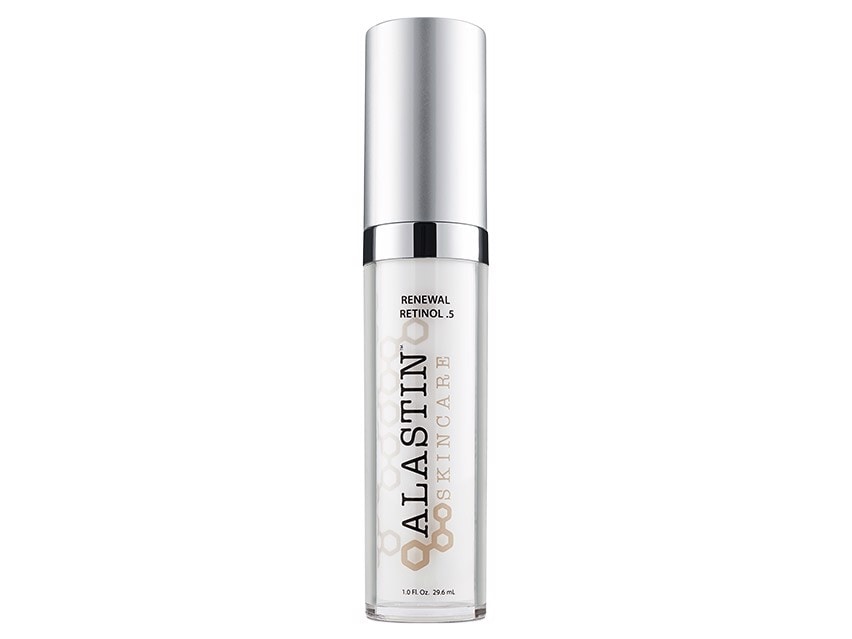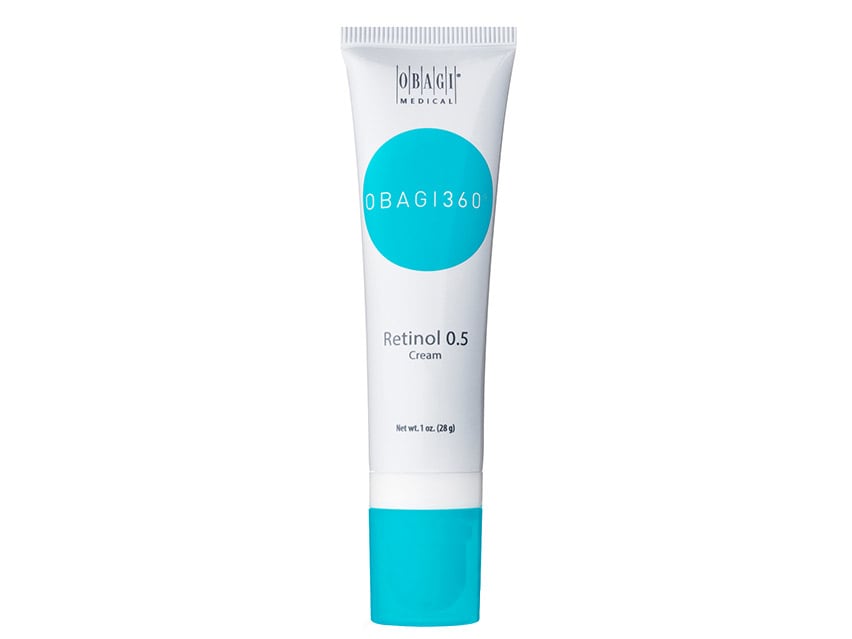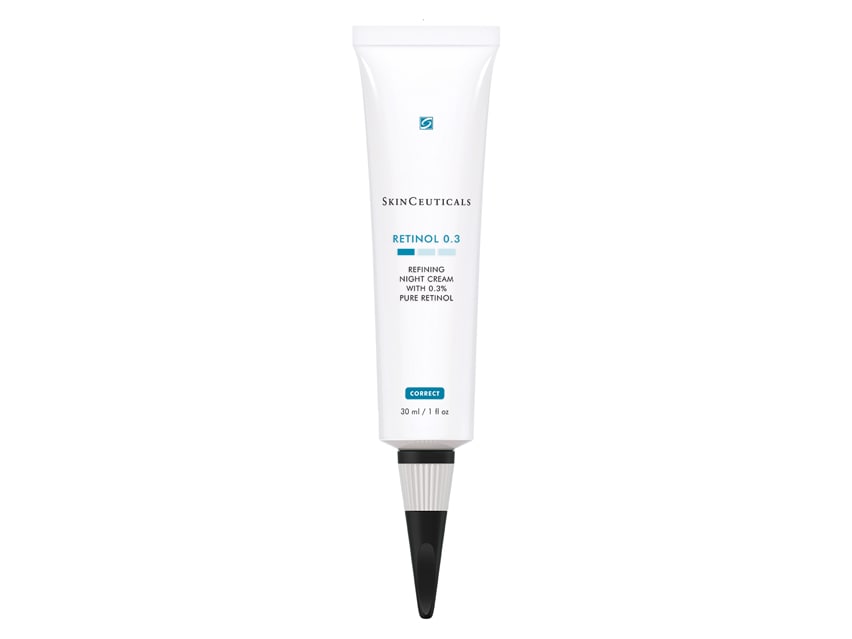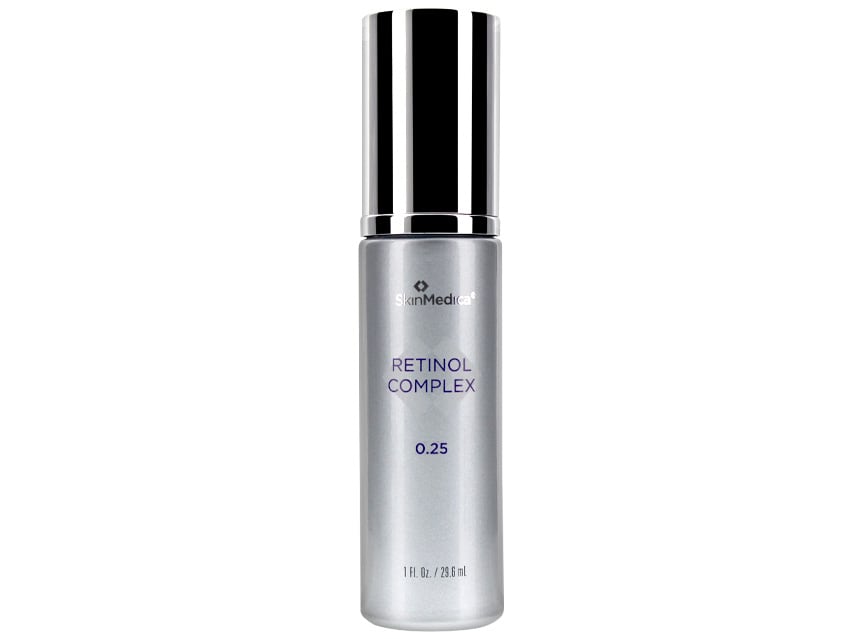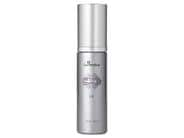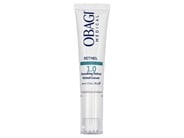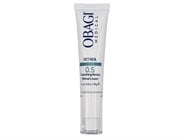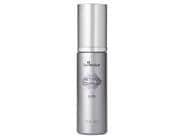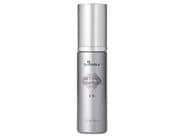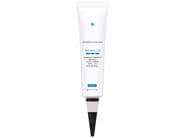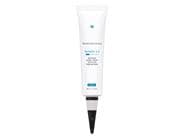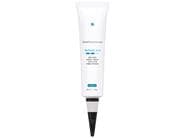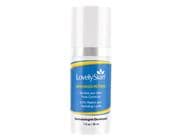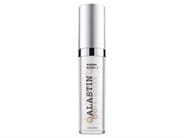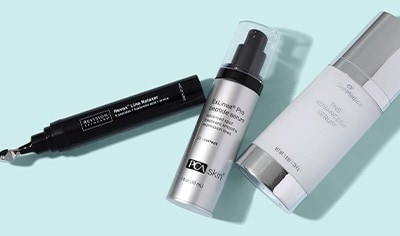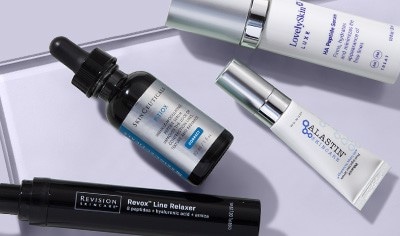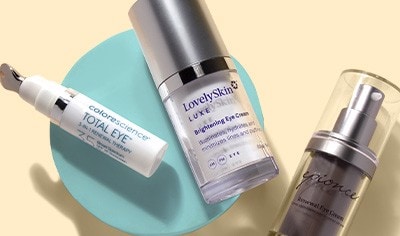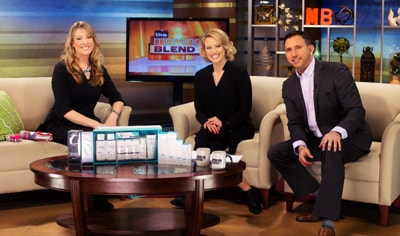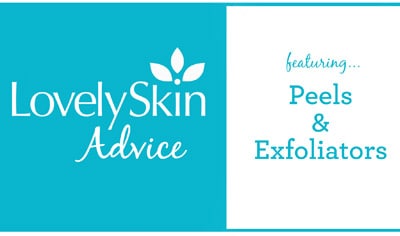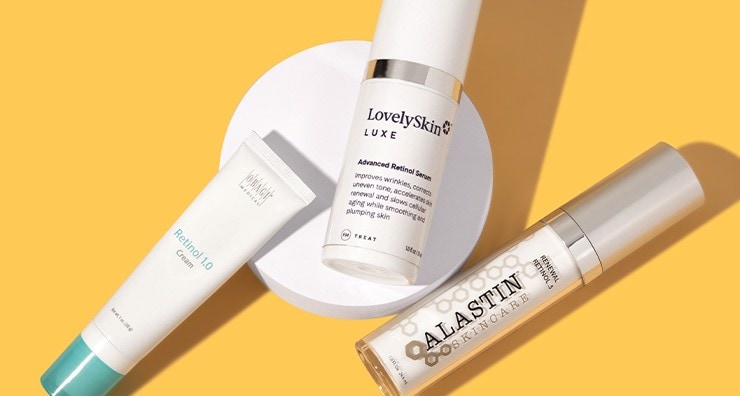
When talking with LovelySkin CEO and board-certified dermatologist Dr. Joel Schlessinger about what patients are most curious about, there is a definite trend: You want to know more about retinol! As always, we’re happy to offer answers and provide recommendations for both new users and dedicated fans. We’re ready to answer some of the most frequently asked questions about retinol, including:
What does retinol do for the skin?
There might not be a cure-all for wrinkles, but retinol could be the next best thing. A derivative of vitamin A, this gold-standard skin care ingredient helps aging cells behave more like younger, healthier cells by encouraging them to turn over more rapidly. “When cells regenerate at a quicker pace, skin appears smoother, brighter and more youthful,” says Dr. Schlessinger, board-certified dermatologist, Mohs surgeon and cosmetic surgeon. Retinol also helps increase collagen production in your skin. All of these beneficial qualities make retinol a go-to ingredient for helping diminish dark spots, wrinkles and repair sun damage. By encouraging cell turnover and helping to unclog pores, retinol can also help treat acne as well.
What are the different strengths of retinol?
Retinol comes in different strengths, measured as a percentage. Over-the-counter creams or serums contain concentrations of retinol that start at 0.1% and go up to 1%. A higher percentage indicates a more powerful strength of retinol. Most retinol creams also include emollients that help soothe and moisturize skin and counteract some of the side effects of retinol, such as redness and peeling (more on that below).
When using an over-the-counter retinol treatment, Dr. Schlessinger recommends starting with a lower strength of retinol and working your way up to a higher one. You can begin applying your retinol product two or three times a week, working up to every other night to allow your skin time to acclimate, and increase the frequency and strength from there.
Why does my skin peel when I use retinol?
Skin cells naturally turn over about once a month. A retinol product encourages cells to pick up the pace, and since our skin simply isn’t used to cells turning over that quickly, it may react with redness and peeling.
As for stopping, don’t give up too soon, but don’t press on if the irritation is too much. A little redness, flakiness and dryness are common when you first begin applying retinol, but if your skin becomes very tender or uncomfortable, it’s best to stop and pay a visit to your dermatologist for recommendations. A medicated balm such as FixMySkin 1% Hydrocortisone Healing Body Balm can help soothe your skin if you develop hot spots of irritation or redness after retinol application.
“Retinol use will make your skin more sensitive to the sun, so it’s important to wear a broad-spectrum sunscreen every day and limit sun exposure to protect your skin, which is a good idea anyway!” Dr. Schlessinger says. “I have seen some people who recommend applying retinol to dry skin, While I agree it shouldn’t be applied to super-wet skin, it can be applied after toweling off the face.”
Are retinol, Retin-A and retinoids all the same thing?
They’re all forms of vitamin A with some slight differences. Here’s a quick breakdown:
Retinol: A natural derivative of vitamin A that’s found in over-the-counter skin care treatments.
Retin-A: A name brand of tretinoin, a synthetic compound derived from vitamin A also known as retinoic acid. Tretinoin is significantly stronger than retinol and is available by prescription only.
Retinoid: An umbrella term for all derivatives of vitamin A, including retinol and tretinoin.
What retinol products can I try at home?
Are you ready to incorporate a retinol product into your skin care routine at home? Here are some of our go-to recommendations for over-the-counter retinol treatments for your face.
LovelySkin LUXE Advanced Retinol Serum
With a 0.5% retinol strength and a soothing formula that counteracts the irritating side effects of retinol, this is a fantastic entry-level choice for retinol newbies. A combination of glycolipids and phospholipids helps prevent dryness and peeling while retinol goes to work to help renew your skin by balancing uneven skin tone, improving wrinkles and leaving skin looking more smooth and plump.
ALASTIN Skincare Renewal Retinol 0.5 Serum
Another option on the moderate side of the retinol strength spectrum, this 0.5% retinol serum from ALASTIN Skincare combines the renewing properties of retinol with soothing ingredients such as oat kernel extract. It helps diminish the appearance of fine lines and wrinkles, uneven texture and dullness with retinol as well as niacinamide, and it also features snow mushroom extract to help boost your skin’s hydration levels.
Obagi360 Retinol 0.5 Cream and Obagi360 Retinol 1.0 Cream
A part of the Obagi360 system to help preserve youthful-looking skin, this night cream comes in 0.5% and 1% retinol strengths. Both formulas contain encapsulated retinol that releases slowly over time to help minimize irritation and maximize benefits for your skin. In a three-week clinical trial, 88% of users said their skin texture improved and 79% reported that their wrinkles and fine lines appeared less visible.
SkinCeuticals Retinol 0.3 Refining Anti-Aging Night Cream, Retinol 0.5% Refining + Anti-Aging Night Cream and Retinol 1.0 Maximum Strength Refining Night Cream
SkinCeuticals’ has created a trio of night creams in various retinol strengths, so you can start with 0.3% strength retinol as a beginner and slowly increase to the 0.5% and 1% versions as your skin adjusts over time. All three formulas feature a soothing complex of bisabolol and Boswellia serrata extract to help comfort skin and reduce possible irritation.
SkinMedica Retinol Complex 0.25, 0.5 and 1.0
Also offering three retinol strengths to choose from, this line of retinol creams from SkinMedica all feature the company’s PhytoShield Complex, a blend of antioxidants that help minimize irritation while improving skin texture. Hydrating glycerin, soothing vitamin E and bisabolol round out the formula to help leave your skin feeling soft and smooth.
Now that you’re up to speed on what retinol does for your skin, you can learn more about the benefits of peptides in skin care on the LovelySkin Blog.
Shop this blog

About the Author
Aaron serves as Editor at LovelySkin. Since graduating from the University of Nebraska at Omaha in 2016 with degrees in Creative Writing and English, he has immersed himself in the beauty industry. When he’s not writing about the latest beauty trends, he spends time cuddling his dogs, scouring antique stores, playing tennis and hiking.
Other Posts by AaronGet to know PHYTO and their tips for hea...
5 reasons your skin needs Vichy's Minera...
Follow us on social
Follow us on social networks and be one of the first to learn about sales, giveaways, and free samples

